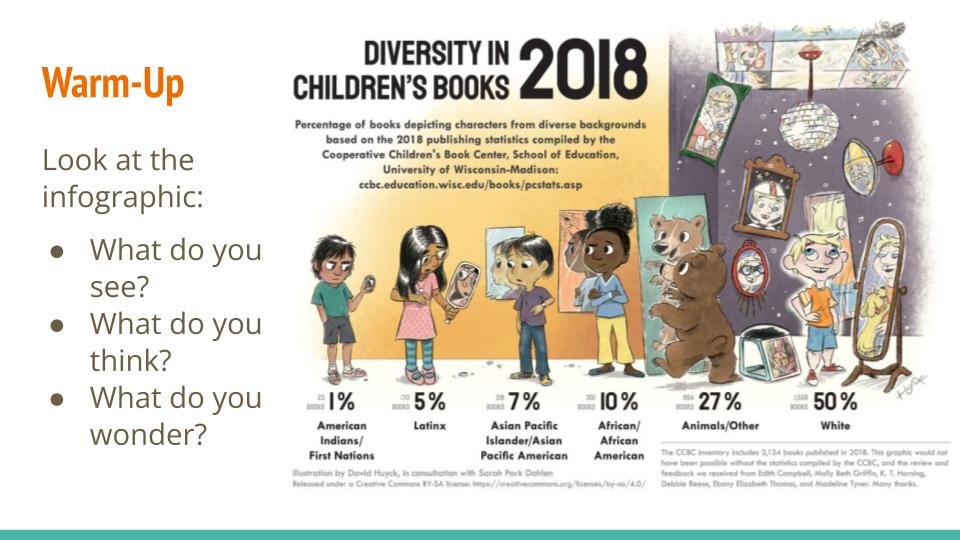[[bpstrwcotob]]
Teaching Central America in an AP English Language Classroom
Teaching about Central America in an AP English Language and Composition classroom using mixer activities, poetry, and an essay.
Students Research Central American Countries
In and ESL/Bilingual class, students learn about Central American countries and student contribute to a shared/collaborative slide presentation about each country over the course of a week.
Designing Monuments of Central Americans in an ESOL Classroom
High school students learn about Central Americans of note and desing monuments to celebrate them.
Come and Join Us!: 4th Graders Trouble the “Holiday Season”
By Vanessa Williams
Within three minutes of entering Georgetown Day School, I noticed prospective students and their families were visiting the campus for the day. Then I ran into local historian and scholar Pat Scallen — who’s an advisor for Teach Central America and has penned lessons and stories for it — and I was warmly welcomed by Julia Tomasko, current teacher and alum of the school. While she might not have literally uttered “Come and join us” when we made our way up to her classroom, the spirit of that phrase was palpable and at the center of this school visit that day.
"We Are Here": High Schoolers Write and Review the LGBTQ+ Books They Want to Read
By Tiferet Ani
This Fall I taught an LGBTQ+ Studies elective for high school students. It was being piloted for the first time. Students and teachers collaborated to develop the course outline and unit projects.
Teaching Disability Awareness in the Virtual Classroom
By Laura Mufson
Virtual school has forced many educators to rethink how to engage students with social activism from behind a computer screen. I discovered that reading books aloud to my 4th-grade students during the virtual class was one of the times where I had the highest engagement and excitement from my students.
Amplifying Native Voices: Challenging Thanksgiving Curriculum Through Bilingual Read-Alouds
The library at Claremont Immersion, a bilingual Spanish-English elementary school in Arlington, Virginia, hosted two special literature events this November to celebrate Indigenous cultures and languages with the school community.
D.C. Statehood Viewpoints: A Classroom Simulation
By Amy Trenkle, 8th Grade US History Teacher, Washington, DC
Every year, during our unit on the New Nation, I teach about the founding of Washington, DC and have a basic discussion around the arguments for and against Statehood. Last year, I purposefully set out to teach my students the complexities of the perspectives surrounding DC Statehood.
Third Graders Learn about Restorative Justice and Loving Engagement Through the Civil Rights Movement
Third graders at Concord Hill School learned about the principles of Restorative Justice and Loving Engagement by studying the role of young people in the Civil Rights Movement.
Fourth Graders Discuss ‘Don’t Touch My Hair’
Fourth Grade students at Milton Gottesman Jewish Day School read and discuss Don’t Touch My Hair.
Early Childhood Art Inspired by Cyrus Kabiru's Afrofuturist C-Stunners
Early childhood students at School Within School @ Goding explore Black joy through the Afrofuturist art of Cyrus Kabiru, who creates glasses (he calls c-stunners) out of discarded materials.
Centering the Intergenerational Black Lives Matter Guiding Principle in a Kindergarten Classroom
Kindergarten students study the Black Lives Matter Principle “intergenerational” during the Black Lives Matter at School Week of Action, developing a deep understanding of the principles by reading and discussing multiple books.
Reflecting on Government Response to Hurricane Katrina and COVID-19: A Distance Learning Assignment
U.S. history high school teacher Jessica Rucker at E.L. Haynes shares a lesson she has used with her students during the pandemic for their asynchronous learning.
Teaching Environmental Justice in Early Childhood
Students are leading the charge in combating this climate crisis, with groups like Zero Hour and U.S. Youth Climate Strike standing up for their futures and advocating for changes in climate policy. But what about our youngest learners? How can we encourage young children to become the future leaders in the fight for climate justice?
Learning about Afro-Latinos During the Black Lives Matter at School Week of Action
In Spanish 1 at Thurgood Marshall Academy, students learned about several Afrolatinos during the Black Lives Matter at School Week of Action.
High School Students Explore #LastWords
After exploring their connection to the Black Lives Matter movement in previous activities, my 11th and 12th grade students at Thurgood Marshall Academy worked through the #LastWords lesson.
Connecting to the 13 Principles of the Black Lives Matter Movement in Fifth Grade
I led students in a “See, Think, Wonder” routine of a photo of a Black man drinking out of a water fountain labeled “whites only” and then asked them why do they thought I was wearing this on a day where we would be talking about the Black Lives Matter Movement. Then students broke out into groups to discuss one of the 13 guiding principles of the Black Lives Matter movement.
Talking to Young Children About Disabilities
Last May, Teaching for Change’s D.C. Area Educator’s for Social Justice, hosted a session for early childhood educators on teaching about disability. There was a variety of educators and specialists in attendance including therapists and teachers of inclusive and self-contained classrooms. Read more >>
Questioning Cinderella: Why Kindness and Magic Are Not Enough
By Ashley Chu.
One of the earliest stories children hear is the familiar tale of Cinderella. While there are hundreds of Cinderella narratives from dozens of cultures, the most common one in American households is the version that traces its origins to French author Charles Perrault’s 1967 Histoires ou contes du temps passé, Cendrillonin… Read more >>
Transforming Misconception: A Misunderstanding as Realization
Revisiting the incident, I learned never to doubt the abilities of my students to communicate meaningful information. Jack is sometimes inattentive in class, playful, and has some speech challenges, so I developed a misconception about him.




















